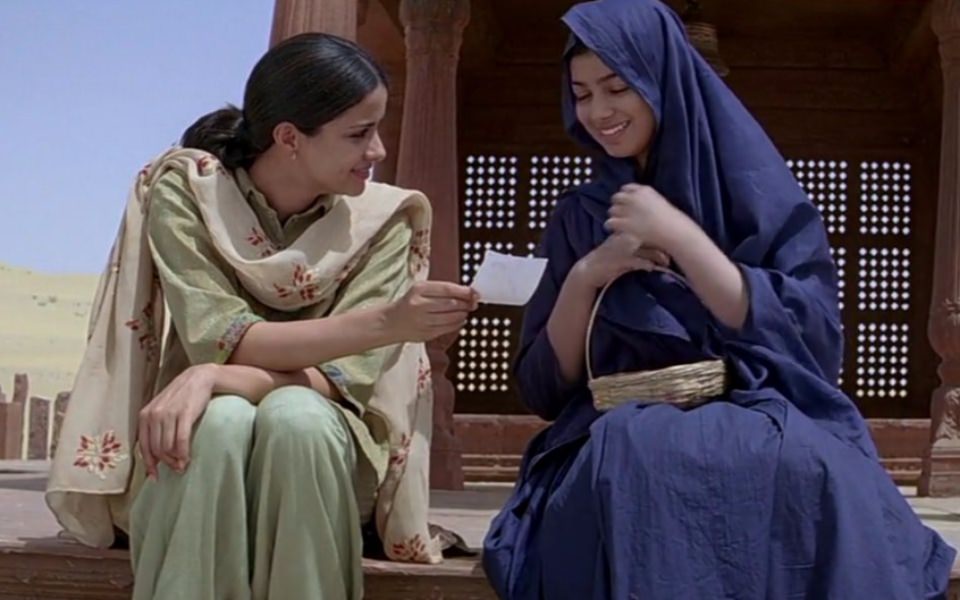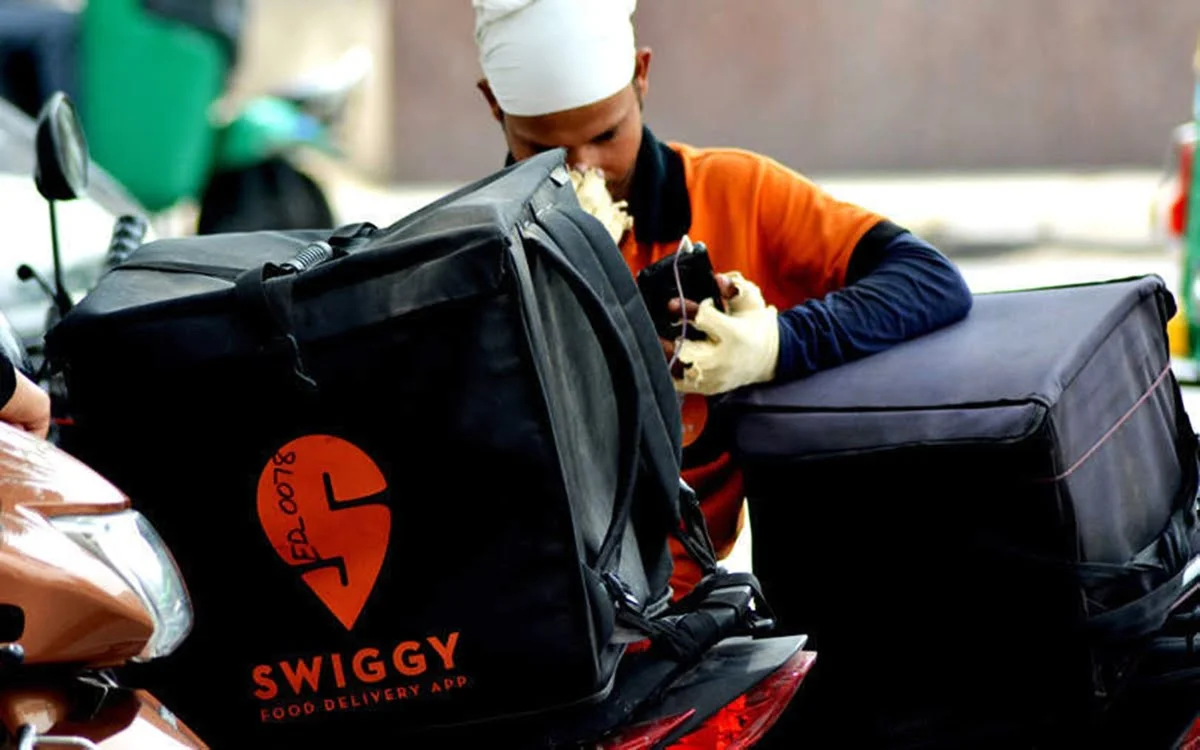Meet Rina*, a twenty-year-old confident woman with an easy laughter and a warmth that is sure to make an instant friend out of you. She lives alone in Bangalore in a shared PG with other women and works in a local parlour where she earns between fifteen to seventeen thousand rupees each month.
Rina has been employed for the last 4 years, though she did not complete her final year of undergrad, mostly for financial reasons. She is the second among four siblings, all of whom are married, including a younger sister, except her.
She takes pride in her work and sends money home to rural Telangana if needed. She has an older sister who lives with her family in Bangalore, so she is never far away from a loved one. Sadly, though not inevitably, this confident, independent and bright young woman’s life is about to change completely.
In August of 2018, she is going to get married and one of the conditions of her marriage is that she stop work immediately. For a full year after her marriage, she has to offer her labour in her in-laws’ house, despite the fact that her husband has a job in Bangalore. This is the “tradition”. She doesn’t want to do any of this but knows she has no choice in the matter.
For a full year after her marriage, rina has to offer her labour in her in-laws’ house.
She has no support from her parents and they won’t help her in requesting her in-laws to reconsider their position on her employment. She has had two minor victories though – she was able to negotiate that they let her work until marriage, not stop till right after her engagement and that they move her marriage to 2018.
She wanted to wait until she turned 21. Why 21? Since that is the most they agreed to. If she had her way, she would wait until 23 and continue to work after her marriage.
She fears her life will follow her older sister’s – marriage, followed by a child within a year, and another one two years later. No one cares about what she wants. Her parents already feel that they have “allowed her too many freedoms”. So this decision around her marriage also secures their position in their own community and makes them “responsible parents”.
Also Read: Are Families Above Women?
Meet Rita*, also a twenty-one-year-old woman – chatty, confident with sparkling eyes that are unafraid to dream. She has recently moved to Bangalore to explore the poetry “scene” here. She comes across as articulate and someone who has great clarity. She quit formal studies after high school and writes content for a company when she is busy not being a poet.
Her father came to drop her off to Bangalore but clearly supports her decision to explore a strange city on her own. She is living in a shared flat with 2 other women. Rita has no family in the city.
She is very sure that she wants to be a poet and that’s all she wants more than anything else, at least for now. Marriage is not on the cards for her – maybe boyfriends or girlfriends. But what’s the rush with that too? She is barely 21.
Rina and Rita are citizens of the same country but their rights and freedoms couldn’t be more different. They are the same age but will have very different life trajectories twenty years down the road. Rina has a life of responsible domesticity with limited rights of self-expression, if any, to look forward to. She is not allowed to dream or have desires that allow her to have an identity other than that of a wife or a mother.
In Dilwale Dulahniya Le Jayenge, Simran’s mother in a moment of both empathy and pragmatism in tells her “Khwab dekho beti, lekin unki poori hone ki ummeed mat karo” (You are free to dream but don’t expect them to materialize). Rita is free to not only dream but she also free to expect that her dreams will come true.
Life for her is full of possibilities and she is happily exploring all that it has to offer a young woman like her. She is an active agent carving out her own destiny. Sure she has her fair share of arguments and fights with her folks about her decision, but ultimately they have come to appreciate and support her decisions.
Rita is free to not only dream but she also free to expect that her dreams will come true.
At a time when we are discussing issues of safety at work and sexual harassment at the workplace all over the world, there are still many women in our country who are not allowed to work outside home. If Rina were to put up a fight, she would definitely end up alienating her family thus losing the safety net they provide. In the absence of any other safety net, this is not a real “choice”. However, a right to a livelihood that is decent, safe, dignified and allows us to utilize our capabilities is a fundamental right, not a luxury.
There’s nothing more unjust than snatching away a woman’s independence. Rina has been told, she doesn’t need to work, and her husband earns enough for the both of them. Women don’t work just for money – they work because it gives them a life of dignity and an independent identity.
Money is not immaterial, but it may not be the only or even the primary reason for why women work. Work offers women security should things go awry in a marriage by creating an alternative financial and emotional support system outside of the family. It allows daughters to financially support their parents without the indignity of asking their husbands’ permission for it.
It gives women the ability to take decisions on how their money should be used. Unless these understandings of women’s work pierce the thick shield of patriarchal norms, there will be many more such as Rina and Rita. But perhaps that’s the idea, to leave women in a state of extreme vulnerability so they have very few options outside of the family.
Research has indicated that one of the reasons why women’s employment is so low in India is because husbands’ incomes have increased over the years. Therefore there is no felt economic need for them to work. This combined with the influence of regressive norms and the lack of expansion of sectors where women typically work implies there are fewer women working.
Women are human beings with rights, freedoms, desires and capabilities. Though obvious to most of FII readers, this is clearly not a commonly shared understanding and until we convince each parent of this there will be many more Rinas than Ritas. We will continue to have one of the lowest participation of urban women working in the world. And many Rinas will have their dreams crushed and their aspirations shackled by the cruel iron cage of these norms, without as much as a blink.
Also Read: Why Do Single, Independent Women Still Scare People So Much?
* All names have been changed to protect identities. Both these anecdotes are based on real people and have been made into composites for the purposes of this article.
Featured Image Credit: Highlights India
About the author(s)
Sreeparna Chattopadhyay has a Ph.D. in Cultural Anthropology from Brown University with research interests in gender and its intersections with health, education family and the law. She is an independent researcher.




Although this story is known to me millions of time,i still feel sorry at plight of Rina. These changes will take another life time and may be more.Ms. Chattopadhayay got it very well in her article.